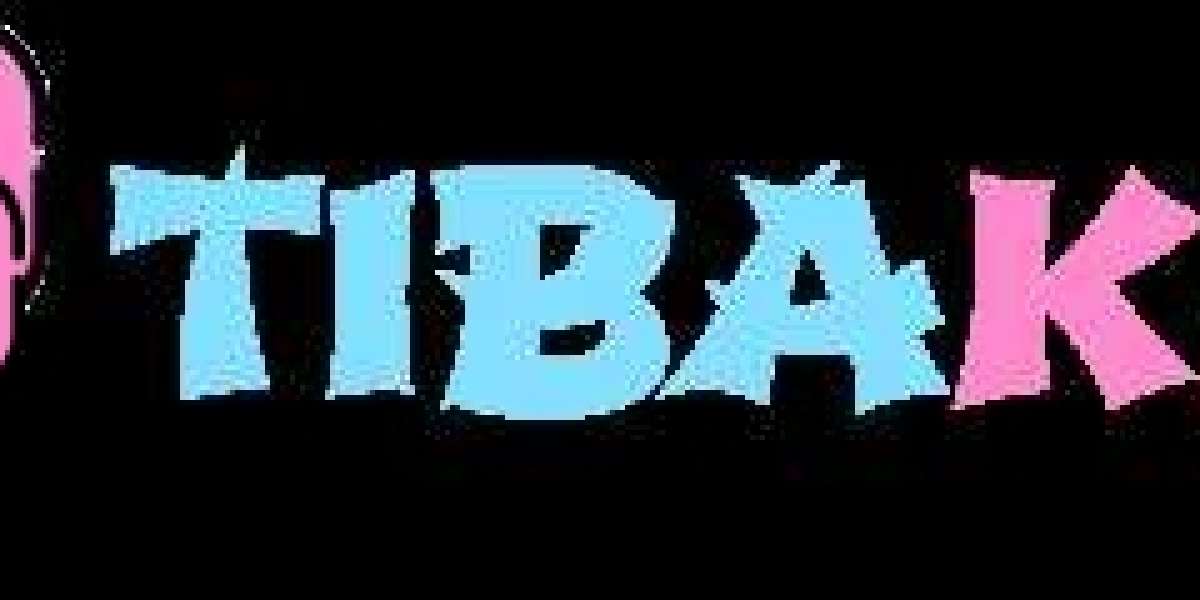Economics is a challenging field of study that requires a deep understanding of complex theories, quantitative analysis, and critical thinking. Many economics students often find themselves grappling with a range of homework-related issues. One common question that arises is, "Can I pay someone to do my macroeconomics homework" While seeking external help can sometimes be tempting, understanding and overcoming common homework struggles can ultimately lead to greater academic success and personal growth.
Complex Theories and Concepts
One of the primary difficulties in studying economics is grasping intricate theories and concepts. From supply and demand curves to elasticity and equilibrium, the theoretical foundations can be overwhelming. To address this, it’s essential to break down complex theories into manageable parts. Start by focusing on the core principles and gradually build up your understanding. Use textbooks, online resources, and study guides to reinforce your knowledge.
Joining study groups can also be incredibly beneficial. Discussing and explaining concepts to peers can deepen your comprehension and reveal new perspectives. Don’t hesitate to reach out to professors or teaching assistants if you’re struggling with specific topics. They can provide clarity and additional resources to help you grasp difficult material.
Quantitative Analysis Challenges
Economics often involves quantitative analysis, including working with graphs, statistical data, and economic models. For many students, this aspect of the coursework can be particularly challenging. If you find yourself struggling with data interpretation or mathematical calculations, consider using online tools and software designed for statistical analysis. These tools can simplify complex calculations and help you visualize data more effectively.
Practice is key when it comes to quantitative analysis. Work through sample problems and previous assignments to improve your skills. Additionally, online tutorials and educational videos can offer step-by-step instructions for solving specific types of problems. Building a strong foundation in quantitative methods will not only help you with homework but also prepare you for future coursework and exams.
Time Management
Economics coursework often involves a substantial amount of reading, problem-solving, and research. Managing your time effectively is crucial to keeping up with assignments and meeting deadlines. Create a study schedule that allocates specific time blocks for reading, problem sets, and revision. Prioritize your tasks based on deadlines and the complexity of the assignments.
Using time management tools like planners or digital apps can help you stay organized and on track. Break down large projects into smaller tasks and tackle them incrementally. By setting realistic goals and deadlines for each task, you can reduce procrastination and manage your workload more efficiently.
Writing Assignments and Essays
Economics students frequently encounter writing assignments and essays that require clear articulation of complex ideas. Crafting well-structured arguments and supporting them with relevant data can be daunting. To improve your writing skills, start by creating an outline for each assignment. Organize your thoughts logically and ensure that each paragraph transitions smoothly to the next.
Pay close attention to the formatting and citation requirements specified by your instructor. Utilizing writing centers or online writing aids can provide additional support in editing and refining your work. It’s also helpful to review past assignments and feedback to identify areas for improvement and avoid making similar mistakes.
Research and Sources
Conducting research for economics assignments often involves sourcing credible data and relevant literature. Finding reliable and up-to-date information can be challenging, especially when dealing with economic trends and statistics. Utilize academic databases, library resources, and reputable websites to gather accurate and pertinent data.
Ensure that you evaluate the credibility of your sources and cross-check information to avoid relying on outdated or biased data. Properly citing your sources is crucial for maintaining academic integrity and avoiding plagiarism. Familiarize yourself with citation styles and guidelines specific to economics research.
Balancing Multiple Assignments
Economics students frequently juggle multiple assignments and deadlines, which can lead to stress and burnout. Balancing coursework, exams, and other responsibilities requires effective prioritization and organization. Create a master calendar to keep track of all deadlines and commitments. Allocate time for each assignment based on its complexity and urgency.
If you find yourself overwhelmed, don’t hesitate to seek support from academic advisors or counselors. They can offer strategies for managing stress and balancing your academic responsibilities. Additionally, remember to take regular breaks and engage in activities that help you relax and recharge.
When to Seek External Help
While tackling homework challenges independently is essential for academic growth, there are times when seeking external help can be beneficial. The question of whether to use assignment help services often arises, especially when students feel overwhelmed. These services can provide additional support and resources for completing assignments and understanding difficult concepts.
If you decide to use such services, ensure that they are reputable and align with your academic goals. Look for providers with positive reviews, qualified experts, and a commitment to academic integrity. It’s important to use these services as a supplement to your own efforts, not as a replacement for learning and understanding the material.
In conclusion, economics students face a range of homework struggles, from mastering complex theories to managing time effectively. By employing effective study strategies, seeking support when needed, and using resources wisely, students can overcome these challenges and achieve academic success. Remember, the goal is not just to complete assignments but to develop a deep understanding of economic principles that will serve you well throughout your academic and professional journey.





